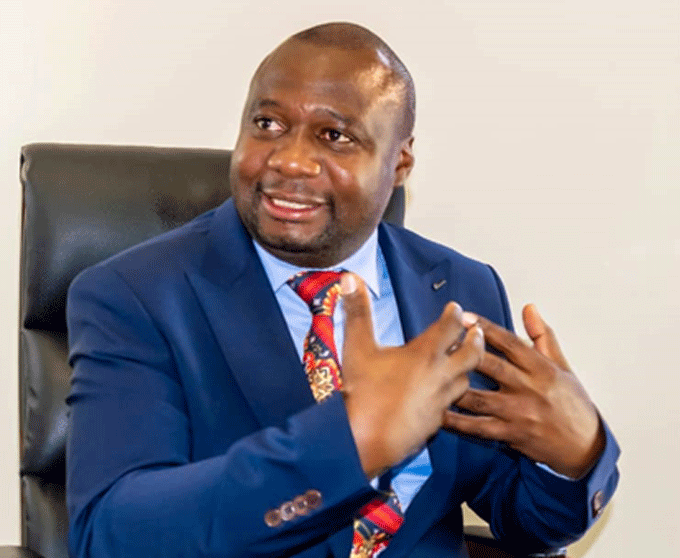A LEADING economist and member of the Reserve Bank of Zimbabwe Monetary Policy Committee, Persistence Gwanyanya, says the ruling Zanu PF’s recent election in the harmonised elections bodes well for economic revival efforts being spearheaded by President Emmerson Mnangagwa’s government.
Mnangagwa was recently re-elected for his second and final five-year term, after garnering 52,6 percent of the total votes cast while the ruling party also secured the majority of parliamentary seats. “Zanu PF’s victory means continuation with Vision 2030.
It means moving forward with the work of rebuilding the economy, which started in earnest in October 2018 when we embarked on economic reforms. More importantly, Zanu PF’s victory means continuation with the de-dollarisation imperative,” said Gwanyanya.
The economist, who is also the managing director Bullion Group International, however, conceded that Mnangagwa’s government needs to do more to restore confidence in the economy.
“Whilst we have gotten the basics of restoring stability right, there is still more work to do to regain the necessary confidence needed for durable stability.
This will entail more focus on policy credibility, consistency and reliability “Clearly, the lack of confidence and trust is weighing down economic recovery efforts.
Traumatising memories of losses suffered due to hyperinflation and currency reforms can be singled out as key drivers of the confidence crisis.
Admittedly, it will take time to cure the crisis of confidence and trust. Suffice to mention that, whilst the current administration has made efforts to restore confidence, there is a need to redouble efforts to rebuild confidence,” he said.
Gwanyanya is confident that Vision 2030 blueprints would shape the government’s economic agenda for the next five years.
“Whilst Zanu PF did not have a written manifesto for the 2023 harmonised elections, National Development Strategy (NDS) 1 and 2 blueprints can be regarded as their manifesto for the next seven years.
“In line with the NDS thrust, we expect increased dependence on natural resources to unlock value. This means mining, agri[1]culture and tourism growth will be prioritised for growth and develop[1]ment. The respective ministries have so far set GDP contribution targets, which we initially thought were over ambitious but are now appearing a reality.
“It’s comforting that we are on track to achieving the mining sector target of US$12billion by 2023. Whilst gold, platinum, chrome, diamonds and coal will continue to drive the mining sector performance, more focus will be on lithium, which is now regarded as white gold. As the world moves towards smart energy, lithium is overtaking all other minerals in terms of demand.
“Clearly lithium is going to become the future of Zimbabwe. Already the country has set up five lithium processing plants with many companies registering intention to set up more plants. Similarly, reports that show that the contribution of agriculture to GDP has grown to US$8,1billion against a target of US$8,2 billion by 2025 are very encouraging. Suffice to mention that there has also been tremendous progress registered towards the recovery of the tourism sector from Covid-19 pandemic,” said Gwanyanya.




